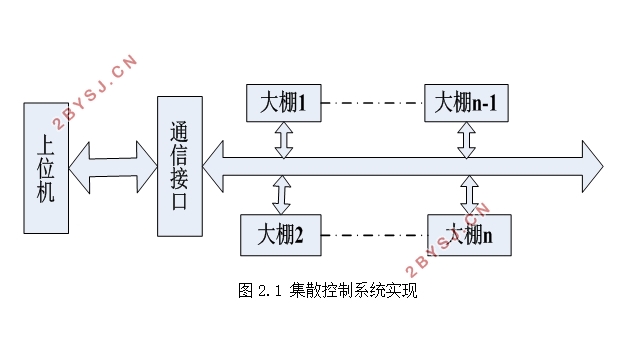基于STM32的温室大棚智能控制系统的设计
无需注册登录,支付后按照提示操作即可获取该资料.
基于STM32的温室大棚智能控制系统的设计(任务书,开题报告,论文12000字)
摘 要
温室大棚对于现代的农业生产来说已经是必不可少的,而现在的各种生产都在趋于现代化,在这个追求高质量高效率的时代,智能温室大棚的设计和需求非常紧迫。
本文主要研究了基于STM32单片机的温室大棚智能控制系统,首先是对大棚内的各个参数进行了收集、处理、分析、控制、反馈,还实现了在后端人工界面进行人工控制和显示,同时还能对特殊情况进行报警,采取措施。
研究结果表明:该设计可以将温室大棚内的各个参数进行实时监控和调控,将自动化和现代化应用到了农业大棚中去,可以更精准更及时的发现问题和数据的偏差,也避免了人工操作带来的失误和成本。
本文的特色:为了能够实现在中国使用这种温室大棚智能控制系统,对成本,对性价比也提高了要求,在降低了成本的同时,还采用了电路和软件来提高设计的可靠性。
关键词:STM32;传感器;控制系统
Abstract
The greenhouse is essential for modern agricultural production, and production are now tend to modernization, in the pursuit of high quality and high efficiency of the era, design and demand of intelligent greenhouse is very urgent.
This paper mainly studies the greenhouse intelligent control system based on STM32 MCU, first of all parameters in the greenhouse were collected, processing, analysis, control, feedback, also realizes the manual control and display in the backend interface at the same time, can also carry out alarm for special circumstances, to take measures.
The results show that the design can make every parameter in the greenhouse monitoring and control, will be applied to the automation and modernization of agricultural greenhouses, can be more accurate and more timely find problems and deviation of the data, but also to avoid the errors caused by manual operation and cost.
The characteristics of this paper: in order to realize the greenhouse intelligent control system used in China, on the cost of price increases, cost is reduced and also the circuit and software to improve the reliability of the design.
Key words: STM32; sensor; control system

目 录
第1章 绪论 1
1.1 课题背景及研究意义 1
1.2 国内外温室控制技术发展概况 1
1.2.1 国外状况 1
1.2.2 国内状况 2
1.3 选题的目的和意义 2
第2章 温室大棚自动控制系统的控制方案设计 3
2.1 控制方案设计 3
2.2 系统硬件结构 3
2.3 温室大棚的硬件组成 4
2.3.1 单片机控制系统和微机系统 5
2.3.2 STM32单片机 5
2.3.3 传感器 6
2.4 硬件结构及其电路设计 8
2.5 温室大棚的数据采集系统 10
2.4.1 系统设计 10
2.6 温室大棚测控系统 11
2.5.1 传感器模块 11
2.5.2 参数收集模块 11
2.5.3 数据分析模块 12
2.5.4 控制执行模块 12
第3章 温室大棚的软件组成 13
3.1 单片机软件设计 13
3.1.1 传感器模块 13
3.1.2 控制模块 14
3.1.3 传输模块 15
3.2 程序模块 15
3.2.1 主程序 15
3.2.2 显示子程序 15
3.2.3 A/D转换测量子程序 15
3.2.4显示数据转换子程序 16
3.3 微机软件设计 16
3.4 系统软件设计 17
3.4.1 软件设计思路 17
3.4.2 控制系统软件结构 17
3.5 误差分析 18
3.6 可靠性设计 18
3.6.1 硬件可靠性设计 19
3.6.2 软件可靠性设计 19
第4章 总结 20
参考文献 22
致 谢 23
